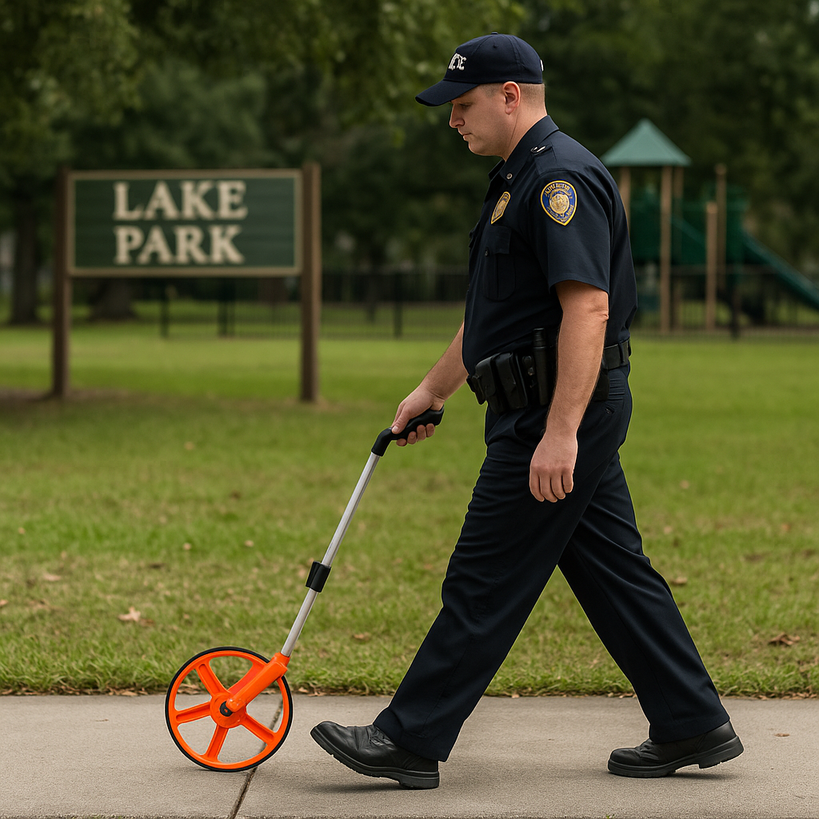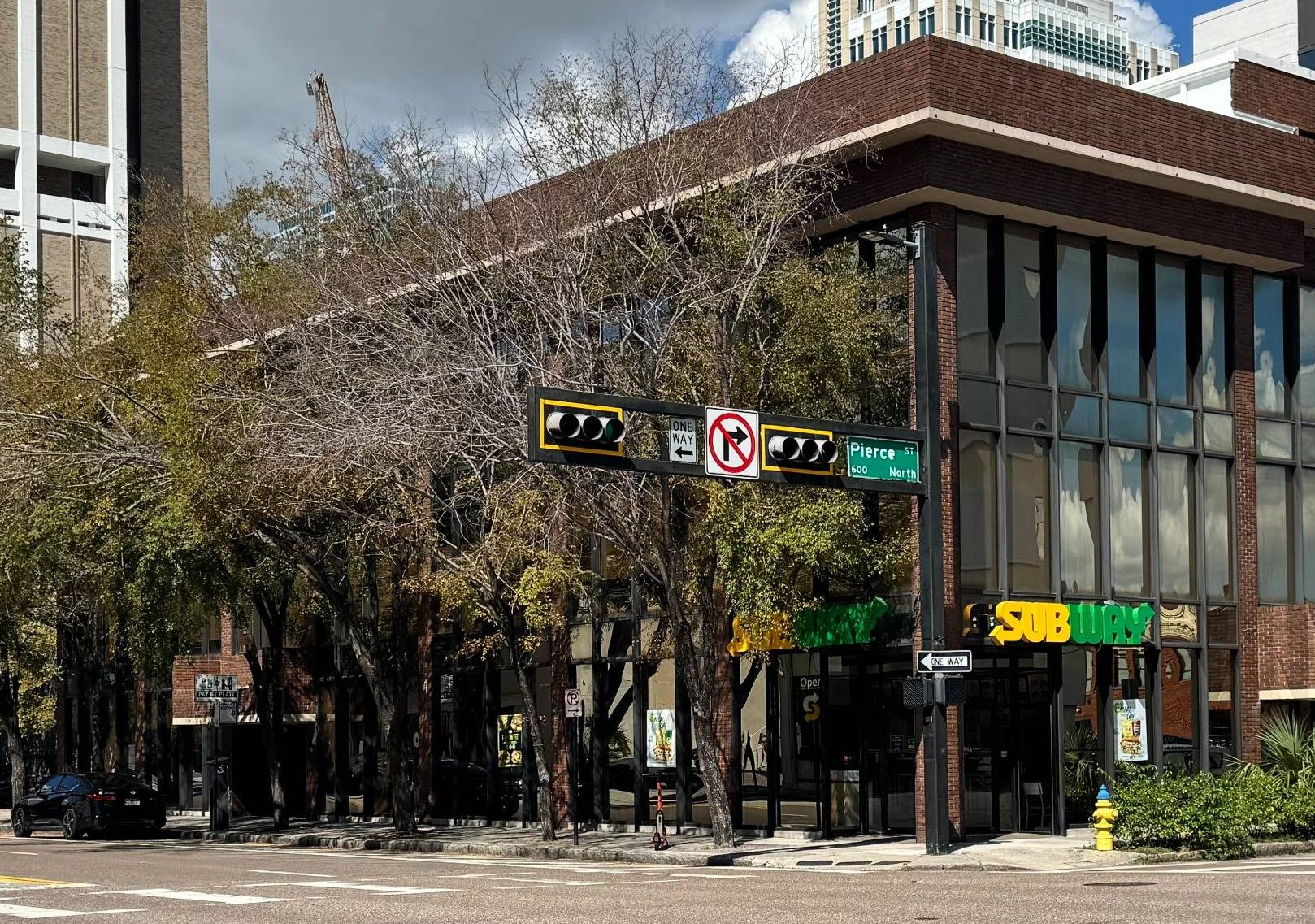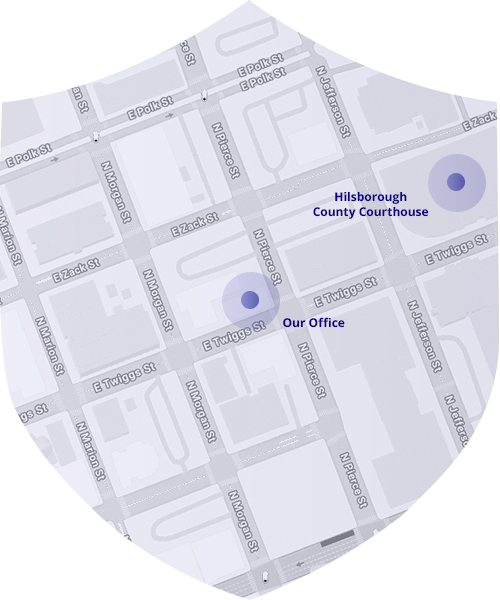- Free Consultation 24/7: (813) 727-7159 Tap Here To Call Us
Florida 6th DCA Narrows Drug Convictions Based on Park Ownership Evidence

Case Update: Thomas Andrew Vana, Jr. v. State of Florida, Case No. 6D2023-2407 (Fla. 6th DCA Sept. 5, 2025)
On September 5, 2025, the Florida Sixth District Court of Appeal issued a decision in Thomas Andrew Vana, Jr. v. State of Florida that directly addresses enhanced penalties under drug laws. This Florida drug conviction reversed park ownership ruling shows how missing evidence on park ownership can undo serious enhancements tied to drug cases.
Background of the Florida Drug Conviction Reversed Park Ownership Case
Thomas Vana was charged with eighteen offenses tied to four separate drug transactions in 2018. Among these charges were six counts of selling controlled substances within 1,000 feet of a municipal park, which carried far harsher penalties under section 893.13(1)(c), Florida Statutes (2018).
At trial, the State presented testimony from confidential informants and law enforcement officers who said Vana’s home was near Lake Kennedy Community Park. A property broker for the City of Cape Coral testified that the City owned the park, but her testimony did not establish when that ownership began. Despite this gap, the trial court denied Vana’s motion for judgment of acquittal and allowed the jury to convict on the enhanced charges.
The Appellate Court’s Analysis
On appeal, the Sixth DCA reviewed the denial of Vana’s motion for judgment of acquittal de novo. The panel emphasized that while circumstantial evidence can support a conviction, the State must prove each statutory element beyond a reasonable doubt.
Here, the enhanced charges depended on proving that the sales occurred within 1,000 feet of a state, county, or municipal park. The testimony failed to show that Lake Kennedy Community Park was municipally owned in 2018, when the offenses occurred. Testimony about ownership in later years did not satisfy the State’s burden.
The court cited similar rulings, including Cox v. State, 764 So. 2d 711 (Fla. 1st DCA 2000), and Lemaster v. State, 162 So. 3d 56 (Fla. 4th DCA 2014), which held that proof of a location’s status at the time of trial cannot substitute for proof of its status at the time of the alleged offense.
Outcome
The court affirmed Vana’s remaining convictions but reversed the six enhanced counts tied to park proximity. It remanded the case for entry of judgment on the lesser-included offenses of simple sale of a controlled substance and for resentencing.
Holding: Affirmed in part, reversed in part, and remanded with instructions.
Why This Case Matters
This ruling highlights the precision required in proving sentencing enhancements under Florida drug laws. A conviction for selling drugs near a park, school, or church can double or even triple the penalties. But the State must meet its burden with evidence tied to the actual date of the offense, not assumptions or later testimony.
Final Note
This update is provided by The Brancato Law Firm, P.A. Our firm represents individuals facing serious drug charges and other criminal cases in Tampa, Hillsborough, Pinellas, and Pasco Counties. For a free, confidential strategy session, please call (813) 727-7159.

















